News
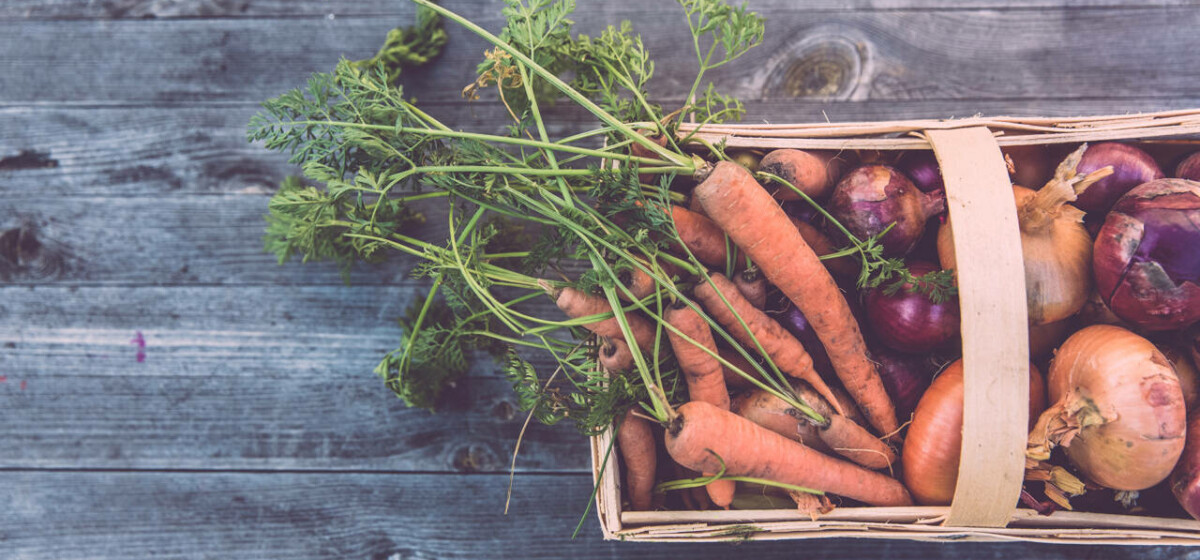
Local, clean and sustainable – workshop towards sustainable food strategy
Published:
To support the ambitious carbon neutrality aim, the Helsinki-Uusimaa Circular Valley was established. It is the accelerator for new solutions and pilots focusing especially on construction, food chains and textiles, plastics, and electronics as well as knowledge building, financing instruments and international collaboration. As a regional ecosystem, the Helsinki-Uusimaa Circular Valley facilitates new business opportunities while building a good living environment for our citizens.
The Helsinki-Uusimaa Circular Valley organised a workshop day to envision the future of sustainable food system, in cooperation with University of Helsinki and the European Institute of Innovation & Technology (EIT) FOOD. The goal of the workshop was to take the first steps towards a sustainable food system and strategy in the Helsinki-Uusimaa Region. In the workshop, the aim was to create a common understanding of the threats to the modern food system as well as discuss the opportunities of new types of systems for both food sustainability and business. The focal points for research and development, new cooperation possibilities and available funding opportunities were also discussed.
The ultimate goal is, that by 2030 the Helsinki-Uusimaa Region and all of Southern Finland have been developed into an intelligent food producer and distributor. In her opening words Ms. Päivi Nerg, State Secretary of the Ministry of Agriculture and Forestry of Finland, pointed out that Helsinki-Uusimaa Region is indeed the first region in Finland to start the creation of a regional sustainable food strategy. “Helsinki-Uusimaa Region is a forerunner in the goal of developing a sustainable food system for the future”, Nerg stated.
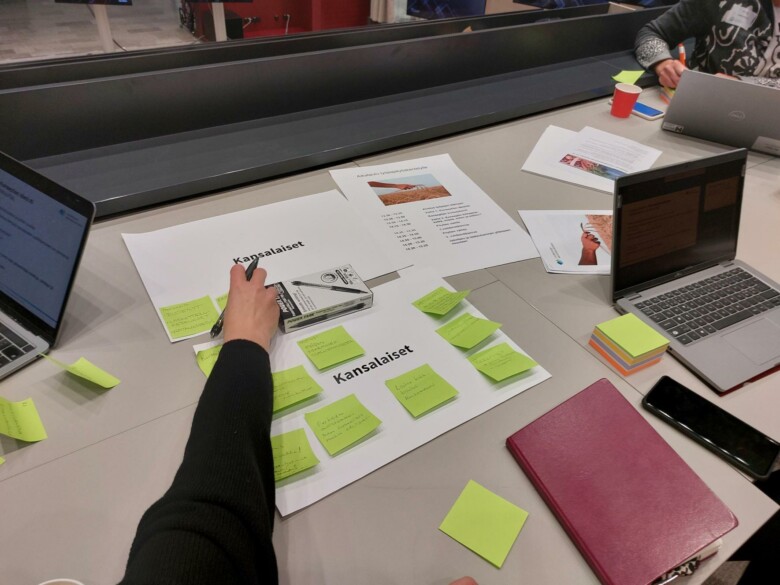
The role of food production and distribution in achieving sustainability goals
The goal of carbon neutrality cannot be achieved without major changes to our food production and distribution systems. Professor of practice, Kaisa Karttunen from University of Helsinki explained that sustainable food system requires work on many levels. Ms. Karttunen emphasised that it is important to make fair decisions regarding the changes to the food system. One of the key challenges is to figure out how to involve all the relevant actors in the decision-making processes and discussions in the sustainable food revolution.
Social well-being, nutrition and health are issues that should also be considered when discussing the role of food production and distribution in achieving sustainability goals. Professor Maijaliisa Erkkola from University of Helsinki pointed out that plant-based diet is the future and also the recommendation in the national dietary guidelines. “The individual is never completely free to choose”, Ms. Erkkola points out, referring to, for example the economic factors’ influence. In regards of meat and dairy products, we should aim for less consumption and more sustainable production. Cultural challenges must also be recognised in relation to food, Ms. Erkkola says.
Professor Mari Sandell from University of Helsinki emphasized the role of citizens as actors in the food system. Ms. Sandell presented different perspectives for new types of food systems, required to create a carbon-neutral and sustainable food system, as well as the concept of food citizenship, referring to a situation “where the citizen is aware of the overall quality of food – not only its healthiness and safety, but also the quality factors related to the system of food production and consumption”.
EIT Food accelerating EU-level food innovation
EIT Food leads the world’s largest and most dynamic food innovation community. Supported by the EU, EIT Food guides and accelerates food innovation to transform the food system. Their mission is to transform how food is produced, distributed, and consumed and to increase its value to European society. This will be achieved by solving the biggest innovation challenges through trusted industry, education and research partners working together with informed and engaged citizens.
Director Marja-Liisa Meurice from EIT Food North & East Region explained how EIT Food is accelerating the EU-level change in food production and distribution. “Food is not just food, but part of physical and mental well-being and part of regional culture”, Ms. Meurice reminded the participants.
The results of the food workshop will be presented to the Helsinki-Uusimaa Regional Council’s Board and the need for a regional food strategy will be discussed with stakeholders. In spring 2024, we will organise 2-3 follow-up workshops on the Helsinki-Uusimaa Region Food Strategy. Interested to join the discussions? Contact us at: kiertotalouslaakso@uudenmaanliitto.fi.
More information:
Helsinki-Uusimaa Circular Valley
European Institute of Innovation & Technology (EIT) Food
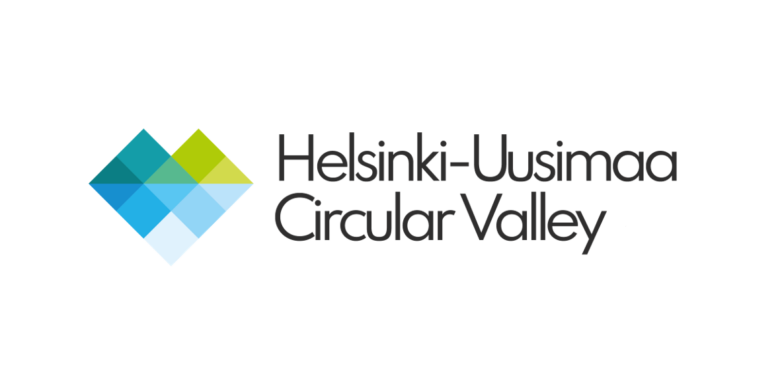
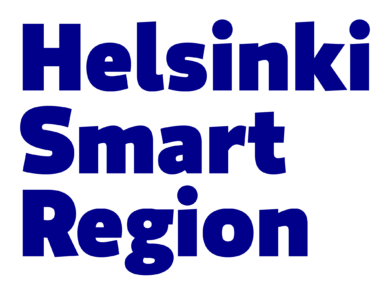






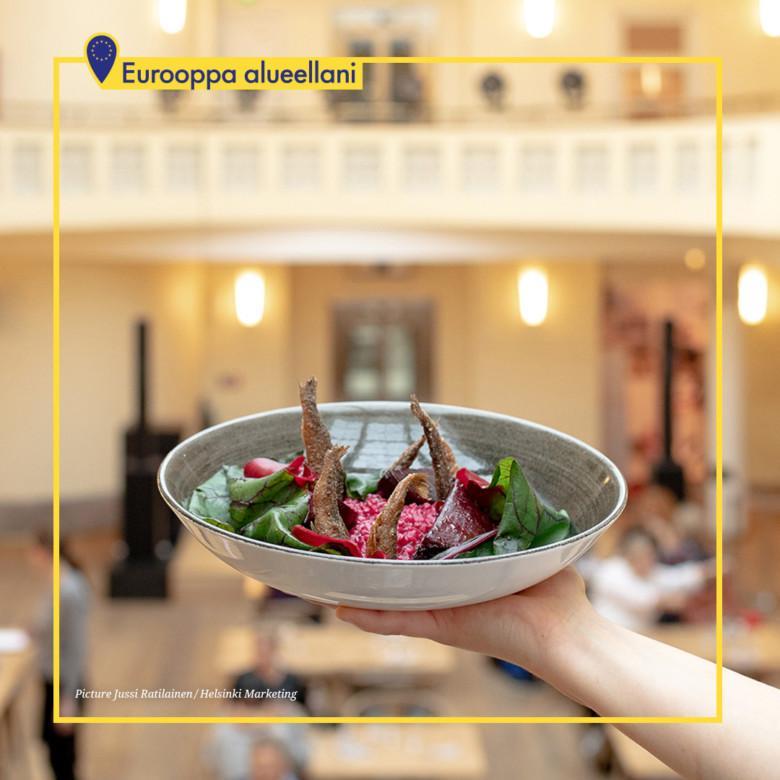
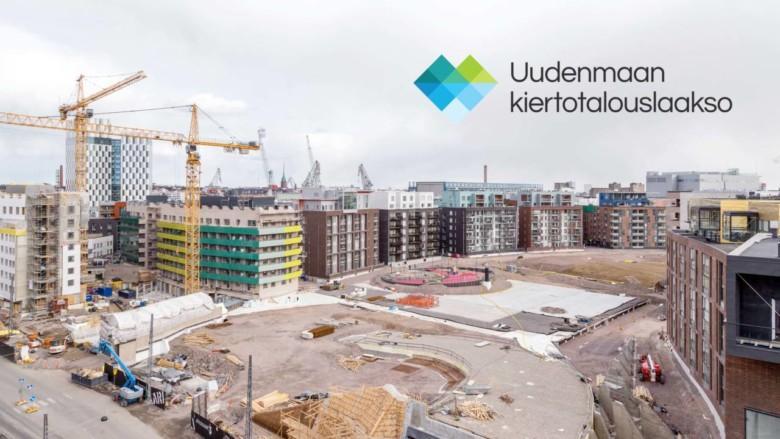
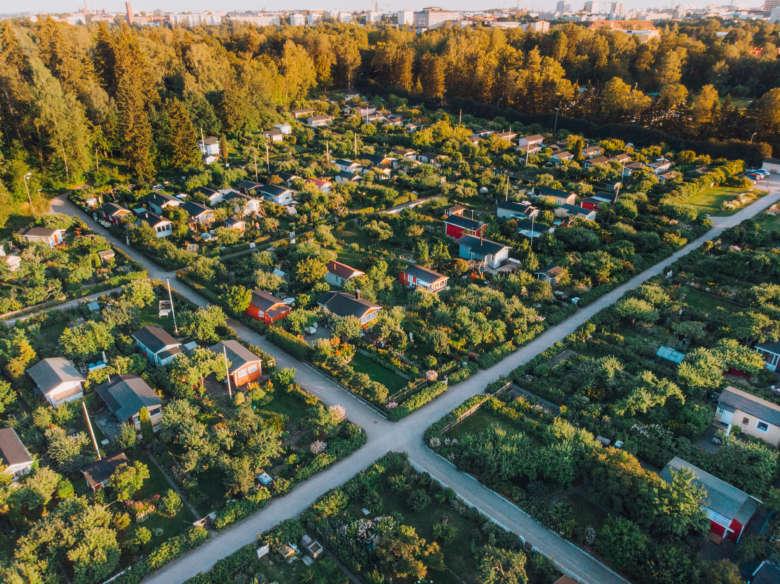
 Return to listing
Return to listing